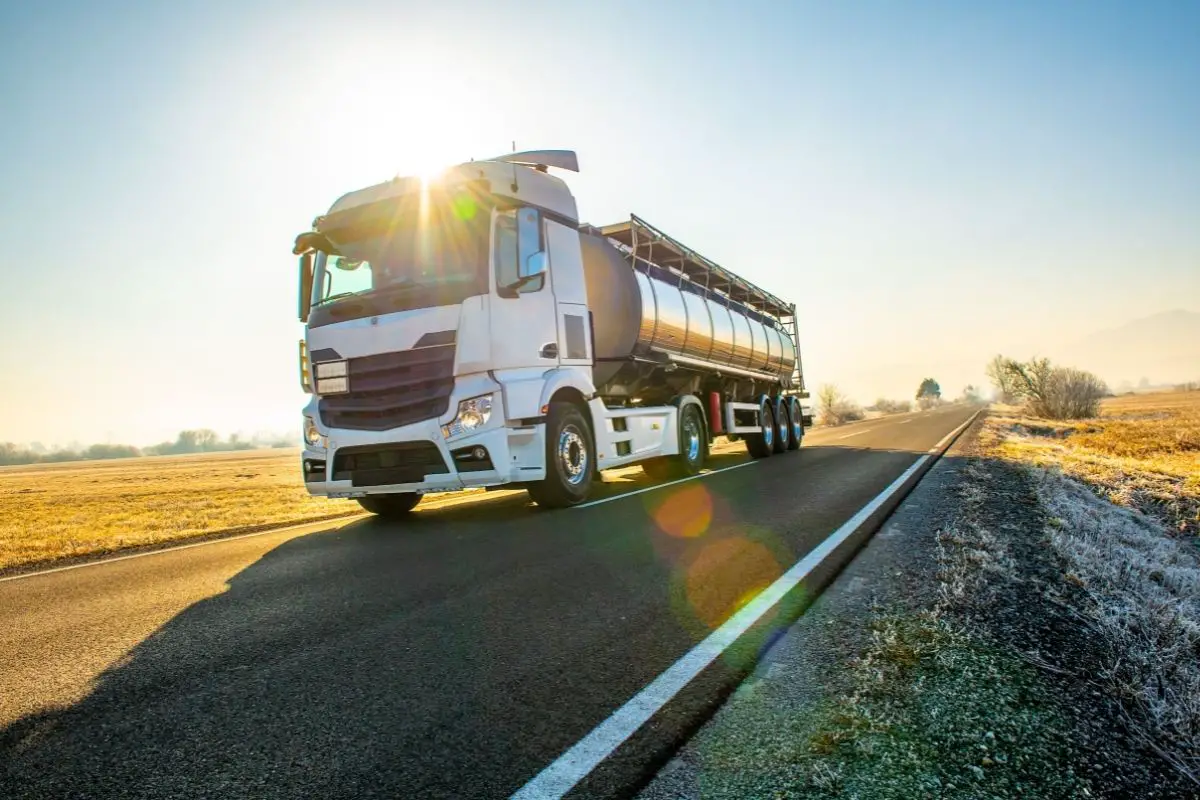
Hydrogen fuel cell trucks and H2 infrastructure could benefit from new legislation
March 25, 2022Nikola Motor applauded the bipartisan federal legislation that supported H2 technology.
Bipartisan federal legislation created to provide support to the adoption of hydrogen fuel cell trucks and other heavy-duty vehicles has now been introduced in both the House and Senate.
It was introduced by US Senators Chris Coons (D-Delaware) and John Cornyn (R-Texas).
The senators introduced the new Hydrogen for Trucks Act, S 3806. It was introduced to support the widespread adoption of hydrogen fuel cell trucks, heavy duty vehicles and fueling stations. Moreover, companion legislation has been introduced in the House, HR 7064 by Representatives Katie Porter (D-California) and Gus Bilirakis (R-Florida).
The bills’ supporters were detailed in a release, explaining that heavy-duty vehicles comprise only a small percentage of the vehicles on American roads. However, heavy-duty vehicles are also responsible for almost one quarter of all greenhouse gas emissions in transportation. H2-powered vehicles don’t produce any greenhouse gas emissions through their operation. Their emissions consist of only water vapor and heat. Using H2 provides the opportunity to reduce the emissions associated with trucking and heavy-duty vehicle operation without having to sacrifice range or reliability.

Hydrogen fuel cell trucks are increasingly viewed as a promising decarbonization strategy.
Unlike in passenger vehicles, heavy duty vehicles are seen as considerably more promising for the use of H2 in widespread decarbonization strategies. That said, initial adopters of this technology have expressed concern over the initial costs, stating that they require federal support to overcome them and the risk associated with them.
The Hydrogen for Trucks Act would offer financial support to fleet owners and operators seeking to transition to zero-emission vehicles. Moreover, it is also intended to provide support to the development of the fueling station network.
It would:
- Provide incentives for adopting hydrogen fuel cell trucks by covering the difference in cost between them and conventional diesel-powered vehicles.
- Encourage tandem fueling station and vehicle deployment, to ensure that one doesn’t need to exist before the other is in place, solidifying the overall fueling infrastructure.
- Collect data and establish benchmarks for various forms of fleet operation, helping to accelerate deployment by incentivizing private investment.



 With over 15 years of reporting hydrogen news, we are your premier source for the latest updates and insights in hydrogen and renewable energy.
With over 15 years of reporting hydrogen news, we are your premier source for the latest updates and insights in hydrogen and renewable energy.
What happened to splitting easier to handle (ship and store) ammonia to Hydrogen news / developments?